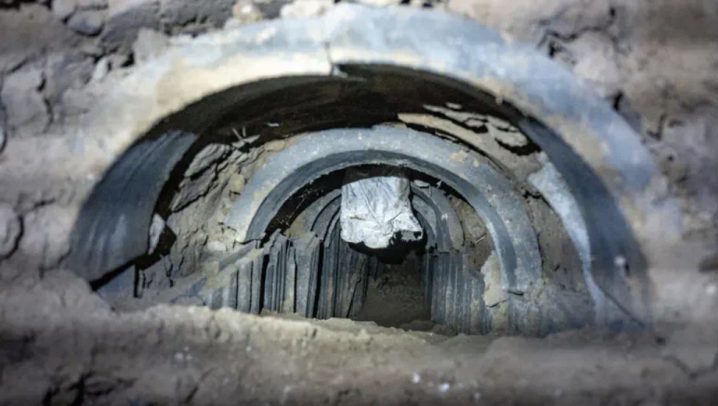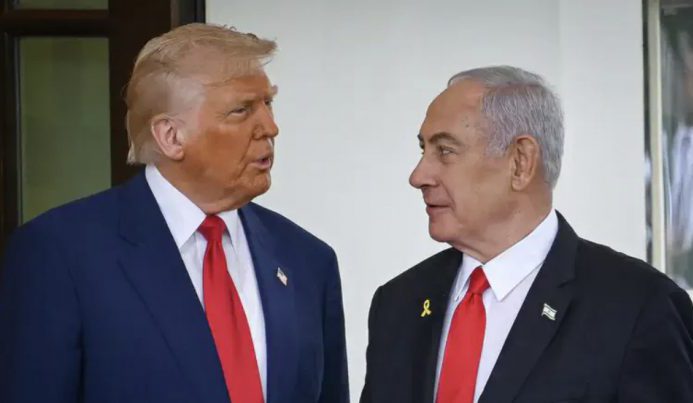New Poll Shows Religious Zionism Gaining at Likud’s Expense, Opposition Shifts Internally.
A new poll conducted by Lazar Research for Maariv reveals a subtle yet significant shift in Israel’s political landscape, as the Religious Zionism party—firmly opposed to a partial hostage deal and a premature end to the war—edges past the electoral threshold, largely at the expense of the ruling Likud party, which drops three seats.
The poll, released Friday morning, indicates that former Prime Minister Naftali Bennett’s party is gaining notable traction, now projected to win 25 seats, overtaking Likud, which falls to 24—a decline that reflects growing discontent among right-wing voters seeking a more uncompromising stance on national security.
Within the opposition bloc, Yesh Atid continues to weaken, dropping two seats to just seven, though its losses appear to redistribute within the camp. Beneficiaries include Bennett, Yisrael Beytenu, and the National Unity party, signaling a realignment of opposition voters rather than a broader ideological shift.
Close behind the two leading parties, the Democrats and Yisrael Beytenu are tied for third with 10 seats each, while Shas follows with nine.
Four other parties each secure seven seats:
- Yesh Atid
- United Torah Judaism
- Otzma Yehudit
- Blue and White
Ra’am (United Arab List) holds steady with six seats, while Hadash-Ta’al and Religious Zionism each garner four.
Notably, the Balad party fails to clear the electoral threshold.
When grouped into political blocs:
- Coalition parties secure 51 seats
- Opposition parties rise to 59 seats
- The remaining 10 seats belong to the Arab parties, which traditionally abstain from joining any governing coalition.
The data points to a fragile and evolving political environment, with parties on both sides recalibrating in response to the ongoing conflict and public sentiment around its resolution. As debates over hostages, war objectives, and national identity intensify, voter loyalties appear increasingly fluid—setting the stage for a potentially volatile election cycle ahead.





